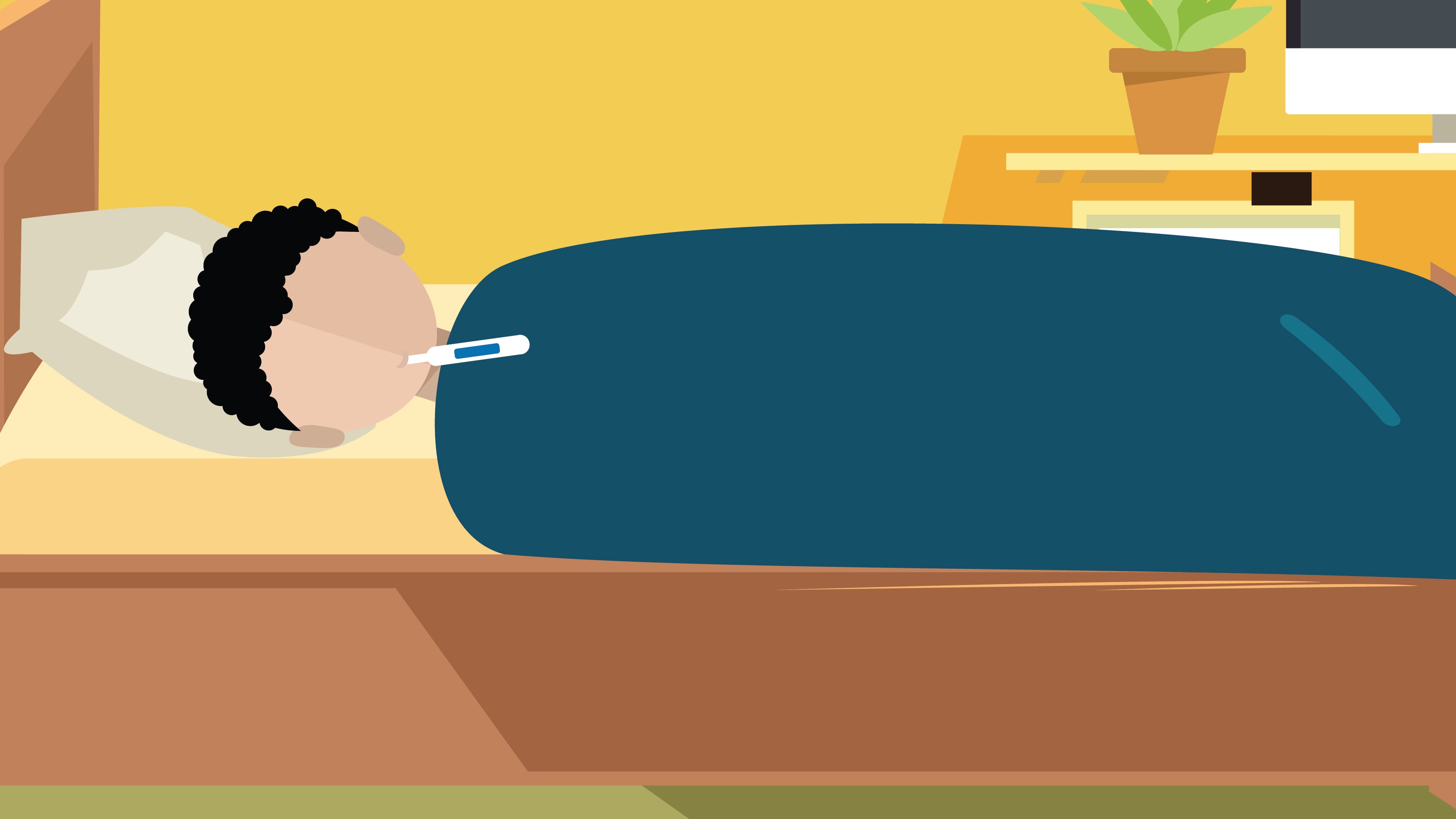
Pushing Through
First, my daughter came home with some kind of cold from daycare about a week and a half ago. They thought it was pink eye and wouldn't let her come back to school until she went to a doctor. When we took her to the doctor, they scoffed at the diagnosis and told it was just a regular old common cold. Within a few days, she was feeling much better, with just a residual cough every once in a while. Then, my fiancé got it, and she got hit hard. I think she started feeling sick at the beginning of last week, and she's still feeling pretty sick. I watched her go through and thought my immune system was strong enough to avoid it. I've had a couple of light colds in the last 7 or 8 years, but haven't really gotten that sick for quite a while. The last time I was fighting something is when my family visited last summer and my little niece, who is also in daycare, brought something with her and obliterated our whole family. Even then, I just had a runny nose and a sore throat, but that was about it. All of a sudden a few days ago, I started developing a tickle in my throat. I thought I could just sleep it off, but it kept getting worse. Yesterday was the turning point where it turned into a full-blown cold and made it difficult for me to get a full night's rest, making it even worse. This morning, I woke up with a runny nose and the feeling of having a bag wrapped around my brain.

My thought process is fuzzy and I'm exhausted, but I do understand the importance of keeping up with my good habits. Missing one day of coding, or my blog entries, or even posting my 100 Days of Code tweet, could be detrimental long term. While at the time it can seem like such a small thing to just take the night off and give myself that leniency, it's a very slippery slope. I've talked about it in the past, but I have what you would call an addictive personality. When I'm really focused on something, I'm unstoppable, whether it be something positive like coding or something negative, like drinking. Almost 9 years ago, I quit drinking because I wasn't able to regulate my drinking and I've never looked back. People without an addictive personality can have a few beers and call it a night, but people with an addictive personality really have a hard time stopping, and that can often spiral out of control. I have to watch pretty much everything I do in my life to make sure I don't become too engrossed in that thing, including things that seem like they are positive. Golf seems like a harmless addiction, other than being expensive, but I've had times in my life where I neglected other aspects of my life because all I wanted to do was golf, and I needed to golf every single day. Eventually, even positive things can become unhealthy, and even with coding I'm aware of that. In this stage of my journey, though, I have to harness that addictive gene to make me unstoppable in learning everything I possibly can.

With that in mind, I tried my best to put in as much time as I could before I felt like total crap, and ended up getting close to a couple of hours of solid work. I'm working on Andrew Mead's The Modern GraphQL Bootcamp on Udemy and I'm still in the basics stage of the course. The first 10 or 15 hours goes over the basics of GraphQL in this course, and Andrew is taking a very comfortable pace to his course. In the first main section, he introduced the concept of queries in GraphQL. Queries basically address the "read" aspect of and API, as opposed to "create," "update," or "delete." This allows the developer to look up information in the API and view that information. Right now, we are using GraphQL-Yoga and its playground to view this information, but in a real app, a query may be used in a search function to show the information relevant to a search in relation to a specific API. I just started the second section, which introduces the topic of mutations in GraphQL. I'm still in the early stages of this section, but my understanding so far is that mutations take care of the ability to create, update and delete information from a dataset or API. So, if you had an app that had a sign up page, you might have a mutation assigned to this to add the user to a database after they have given the necessary information to create a user. Or, if you had an e-commerce site, you could add items with a mutation, change those items with a mutation, or delete those items with a mutation. There is a lot of ground to cover in this section, so I'm guessing it's pretty extensive.
Until tomorrow!

